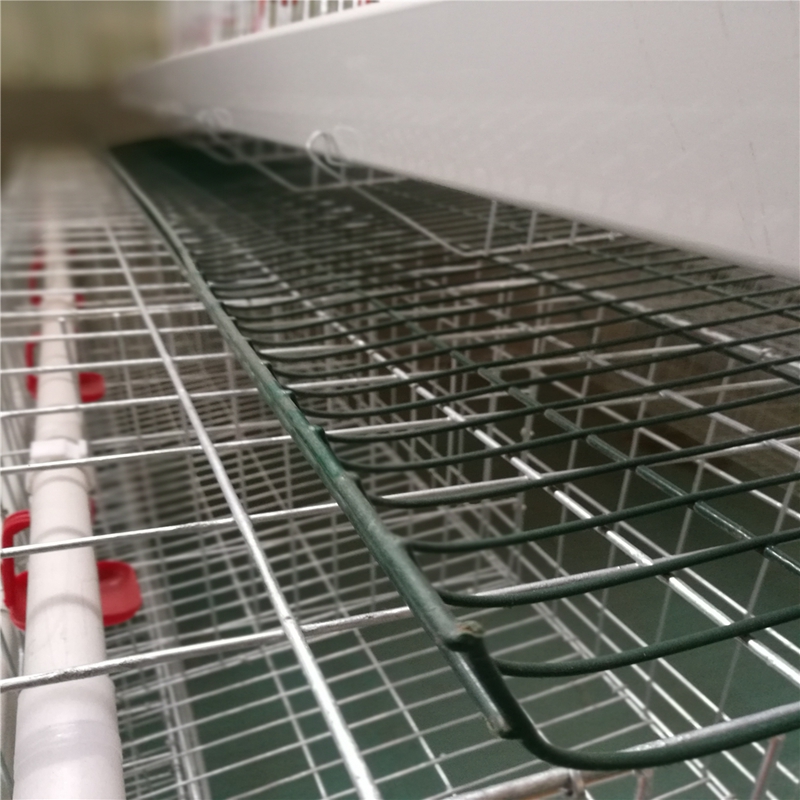High-Performance Hammer Mill for Efficient Feed Processing Available Now
Dec . 10, 2024 02:10 Back to list
High-Performance Hammer Mill for Efficient Feed Processing Available Now
Exploring Feed Hammer Mills for Sale A Comprehensive Guide
In the realm of agricultural machinery, the feed hammer mill stands out as an essential tool for animal feed production. Its primary function is to grind various types of agricultural products into fine particles, making it easier for animals to digest their feed. As farmers and livestock producers seek efficient methods to enhance feed quality, the demand for feed hammer mills has surged, leading to a burgeoning market of options for sale. This article delves into the intricacies of feed hammer mills, their features, and guidance on purchasing them.
Understanding Feed Hammer Mills
Feed hammer mills operate on a straightforward yet effective principle the mechanical action of hammers pulverizing grain and other feed ingredients. The design of a typical hammer mill includes a rotating shaft with a series of hammers attached. When material is fed into the mill, it encounters the hammers, which strike and crush the material into smaller particles. The size of the finished product can be adjusted using screens that allow only finely ground material to pass through.
Key Features and Benefits
1. Versatility Feed hammer mills can process a variety of ingredients, from corn and barley to soybeans and even smaller amounts of fibrous materials like alfalfa. This versatility makes them a crucial piece of equipment for feed manufacturers and farmers who need to tailor feed formulations to specific nutritional requirements.
2. Efficiency One of the primary advantages of using a feed hammer mill is speed. These machines can produce large quantities of feed in a relatively short period, thereby enhancing productivity. A high-throughput mill can save farmers significant time and labor costs.
3. Adjustable Particle Size Depending on the needs of the livestock, the size of the feed particles can significantly affect digestibility and feed conversion rates. Feed hammer mills allow operators to adjust the screen size, enabling them to produce coarser or finer feed as needed.
4. Durability and Longevity Most feed hammer mills are constructed with robust materials designed to withstand the rigors of continuous operation. Investing in a high-quality machine can lead to years of reliable service, making it a worthwhile addition to any farming operation.
Considerations When Purchasing a Feed Hammer Mill
feed hammer mill for sale

When looking for feed hammer mills for sale, there are several factors that potential buyers should consider to ensure they select the right machine for their needs
1. Capacity Determine the amount of feed your operation requires. Hammer mills come in various sizes and capacities, so it's essential to find one that meets your production needs without being under- or over-capacity.
2. Power Requirements Most feed hammer mills are powered by electric motors or diesel engines. Consider the availability of power sources on your farm and any additional energy costs that may be involved.
3. Material Specifications Different hammer mills are designed for different types of feed materials. Ensure that the model you choose is well-suited for the specific ingredients you plan to grind.
4. Ease of Maintenance Look for models that offer easy access for cleaning and maintenance. Regular maintenance is crucial for the longevity and efficiency of your feed mill.
5. Manufacturer Reputation Researching the manufacturer is essential. Look for reputable companies with positive customer reviews, solid warranties, and a history of reliable service.
6. Budget Finally, consider your budget. Feed hammer mills can range widely in price, so it's important to assess not only the initial cost but also the long-term value and potential return on investment.
Conclusion
The feed hammer mill is a vital component in the production of high-quality animal feed. As farmers and producers explore various feed hammer mills for sale, understanding the features and considerations involved in purchasing one can significantly impact their operations. By investing in an efficient and reliable feed hammer mill, producers can enhance their feed production processes, improve animal health, and ultimately increase the profitability of their farming endeavors. Whether a small farm or a large-scale production facility, the right feed hammer mill can make a substantial difference in achieving success in the competitive agricultural landscape.
-
Hot Sale 24 & 18 Door Rabbit Cages - Premium Breeding Solutions
NewsJul.25,2025
-
Automatic Feeding Line System Pan Feeder Nipple Drinker - Anping County Yize Metal Products Co., Ltd.
NewsJul.21,2025
-
Automatic Feeding Line System Pan Feeder Nipple Drinker - Anping County Yize Metal Products Co., Ltd.
NewsJul.21,2025
-
Automatic Feeding Line System - Anping Yize | Precision & Nipple
NewsJul.21,2025
-
Automatic Feeding Line System - Anping Yize | Precision & Nipple
NewsJul.21,2025
-
Automatic Feeding Line System-Anping County Yize Metal Products Co., Ltd.|Efficient Feed Distribution&Customized Animal Farming Solutions
NewsJul.21,2025






